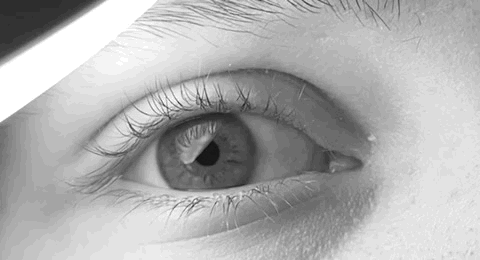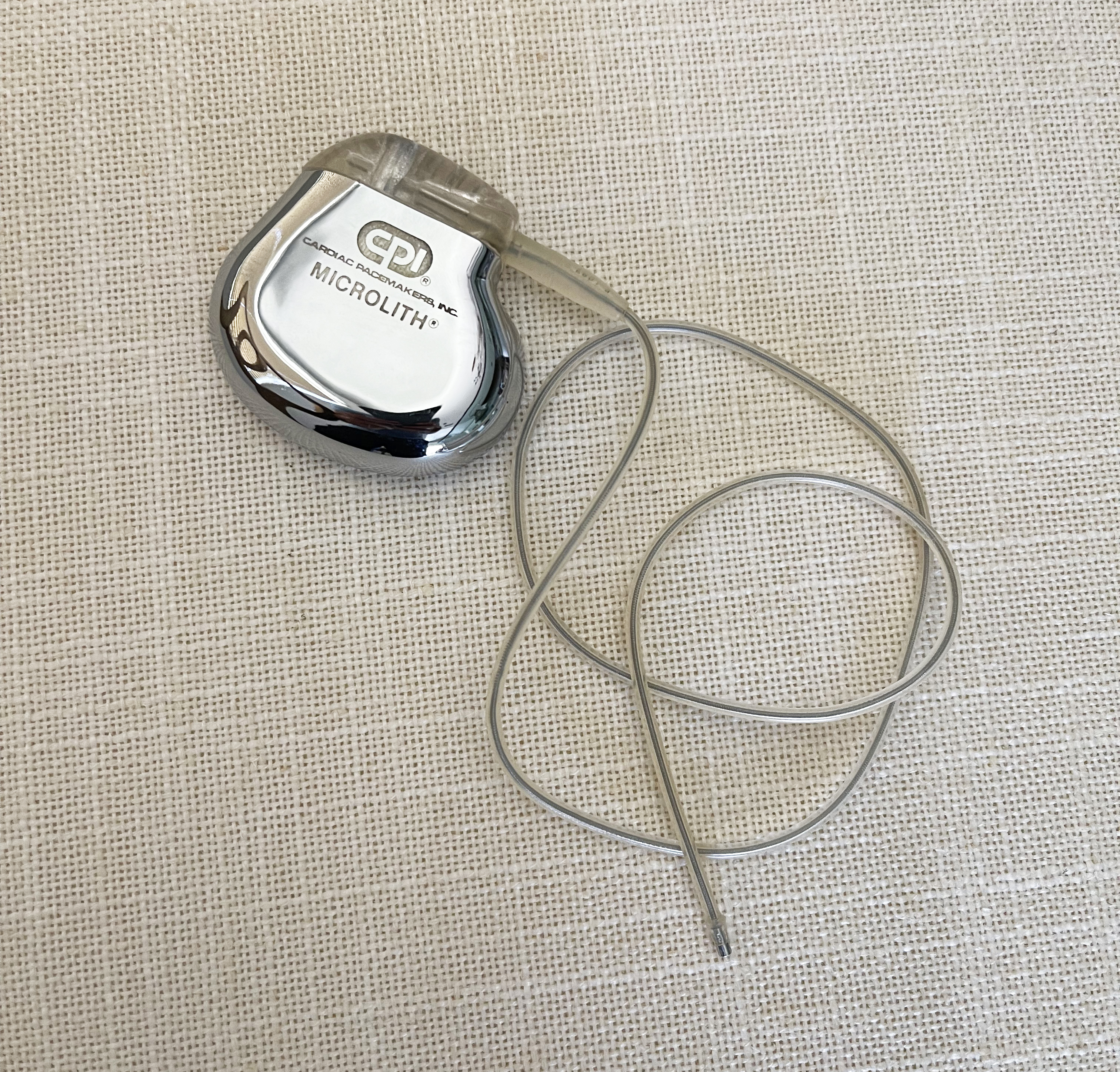Glossary Electrophysiology Medical
Medical Electrophysiology
This glossary is for people who want to study Medical Electrophysiology. Every word has been explained with definition,exemple and photo.All errors have been eliminated using the Virtual Writing Tutor.
- bleeding
- noun
- The flow of blood from a ruptured blood vessel.
- Example: Some of the increased mortality is caused by gastrointestinal BLEEDING related to long-term use of aspirin, by infections potentiated through chronic use of steroids, and by the development of reactive amyloidosis, particularly in those with protracted severe disease.
- en: saignement

- cardiac arrest
- noun
- Cardiac arrest is the abrupt loss of heart function in a person who may or may not have been diagnosed with heart disease. It can come on suddenly or in the wake of other symptoms. Cardiac arrest is often fatal if appropriate steps aren't taken immediately.
- Example: On her admission this time, Mrs was in a similar position and at risk of a CARDIAC ARREST and it was a sensitive issue that needed to be discussed with the family.
- en: crise cardiaque

- cerebrovascular accident (CVA)
- noun
- The sudden death of some brain cells due to lack of oxygen when the blood flow to the brain is impaired by blockage or rupture of an artery to the brain.
- Example: In medicine, a loss of blood flow to part of the brain, which damages brain tissue. Cerebrovascular accidents are caused by blood clots and broken blood vessels in the brain.
- en: accident vasculaire cérébral (AVC)

- concussion
- noun
- A concussion is a type of traumatic brain injury—or TBI—caused by a bump, blow, or jolt to the head or by a hit to the body that causes the head and brain to move rapidly back and forth. This sudden movement can cause the brain to bounce around or twist in the skull, creating chemical changes in the brain and sometimes stretching and damaging brain cells.
- Example: Medical providers may describe a concussion as a “mild” brain injury because concussions are usually not life-threatening. Even so, the effects of a concussion can be serious.
- en: commotion cérébrale

- depolarization
- noun
- In biology, depolarization or hypopolarization [1][2] is a change within a cell, during which the cell undergoes a shift in electric charge distribution, resulting in less negative charge inside the cell compared to the outside. Depolarization is essential to the function of many cells, communication between cells, and the overall physiology of an organism.
- Example: The carp must be able to match ATP consumption with ATP production in the absence of oxygen thereby avoiding energy failure and accumulations of high concentrations of potassium leading to the DEPOLARIZATION of the neuron.
- en: dépolarisation
- diabetes
- noun
- Diabetes is a chronic (long-lasting) health condition that affects how your body turns food into energy. Your body breaks down most of the food you eat into sugar (glucose) and releases it into your bloodstream.
- Example: However delays of 9-12 years in the diagnosis of DIABETES after onset means that one-third to half of all diabetics already have evidence of organ or tissue damage (UK Prospective DIABETES Study Group, 1991). As a result of persistently raised blood glucose worsening atherosclerosis and arteriosclerosis, people with DIABETES have a substantially increased risk of developing CHD.
- en: diabète

- electroencephalography
- noun
- the measurement of electrical activity in different parts of the brain and the recording of such activity as a visual trace (on paper or on an oscilloscope screen).
- Example: The Electroencephalography has been used for many years and is considered a safe procedure.
- en: électroencéphalographie

- epilepsy
- noun
- Epilepsy is a disorder of the brain characterized by repeated seizures.
- Example: Some arthritic knee pain over the last 5 years and niggling right thumb pain Had viral pneumonia at age of 41 Type II diabetes, controlled on diet and tablets, was diagnosed about 6 years ago. 12 months ago had an investigative arthroscopy on right knee Never had a MI, stroke, EPILEPSY.
- en: épilepsie

- haemorrhage
- noun
- an escape of blood from a ruptured blood vessel, especially when profuse.
- Example: Historically postpartum HAEMORRHAGE has been a significant cause of maternal mortality in the UK.
- en: hémorragie

- hyperventilation
- noun
- Hyperventilation is a condition in which you start to breathe very fast. This causes a rapid reduction in carbon dioxide in the body.
- Example: A respiratory alkalosis caused by 's HYPERVENTILATION is indicated.
- en: hyperventilation

- nervous system
- noun
- In biology, the classical doctrine of the nervous system determines that it is a highly complex part of an animal that coordinates its actions and sensory information by transmitting signals to and from different parts of its body
- Example: The central NERVOUS SYSTEM coordinates the contraction and relaxation of the various muscles involved in with the straight leg raise.
- en: système nerveux
- neurology
- noun
- The science of the nerves and the nervous system, especially of the diseases affecting them.
- Example: In NEUROLOGY, oxygen-15 is used to trace blood flow in the brain, and it is thought that areas of high blood concentration relate to increased brain activity.
- en: neurologie

- nystagmus
- noun
- Nystagmus is an involuntary rhythmic side-to-side, up and down or circular motion of the eyes that occurs with a variety of conditions.
- Example: It presents with a triad of NYSTAGMUS, ophthalmoplegia and ataxia.
- en: nystagmus

- pacemaker
- noun
- an artificial device for stimulating the heart muscle and regulating its contractions.
- Example: This meant that the ventricular PACEMAKER could be properly tested, while the atrial PACEMAKER could not.
- en: stimulateur cardiaque

- paralysis
- noun
- the loss of the ability to move (and sometimes to feel anything) in part or most of the body, typically as a result of illness, poison, or injury.
- Example: His patient had PARALYSIS to the right hand side and severe language problems.
- en: paralysie

- pathophysiology
- noun
- a convergence of pathology with physiology – is the study of the disordered physiological processes that cause, result from, or are otherwise associated with a disease or injury.
- Example: As long as enough mystery enshrouds the exact pathophysiology of preeclampsia, prevention and therapeutics will fall short.
- en: physiopathologie
- pneumonia
- noun
- Pneumonia is a form of acute respiratory infection that affects the lungs.
- Example: Some advantages on continuous feeding include; it keeps the gastric volume small, minimising residual volume and reducing risk of aspiration PNEUMONIA.
- en: pneumonie

- sleep disorders
- noun
- Sleep disorders (or sleep-wake disorders) involve problems with the quality, timing, and amount of sleep, which result in daytime distress and impairment in functioning.
- Example: In some cases, sleep disorders can be a symptom of another medical or mental health condition.
- en: les troubles du sommeil

- sleep stages
- noun
- The human body cycles through two phases of sleep, (1) rapid eye movement (REM) and (2) non-rapid eye movement (NREM) sleep, which is further divided into three stages, N1 N2 N3. Each phase and stage of sleep includes variations in muscle tone, brain wave patterns, and eye movements. The body cycles through all of these stages approximately 4 to 6 times each night, averaging 90 minutes for each cycle
- Example: It has been postulated that learning and SLEEP STAGES are related because; during REM sleep the brain's electrical activity reflects that of a wakeful person (Green, 2001)
- en: stades du sommeil
- thyroid gland
- noun
- A gland located beneath the larynx (voice box) that makes thyroid hormone and calcitonin. The thyroid gland helps regulate growth and metabolism.
- Example: Iodine deficiencies cause goiter, which is the swelling of the THYROID GLAND, and hypothyroidism (Wallach 1969).
- en: glande thyroïde
- ventricle
- noun
- each of the two main chambers of the heart, left and right.
- Example: The incompetent aortic valve allows regurgitation of blood from the aorta to the left VENTRICLE during diastole.
- en: ventricule
Comments
Post a Comment